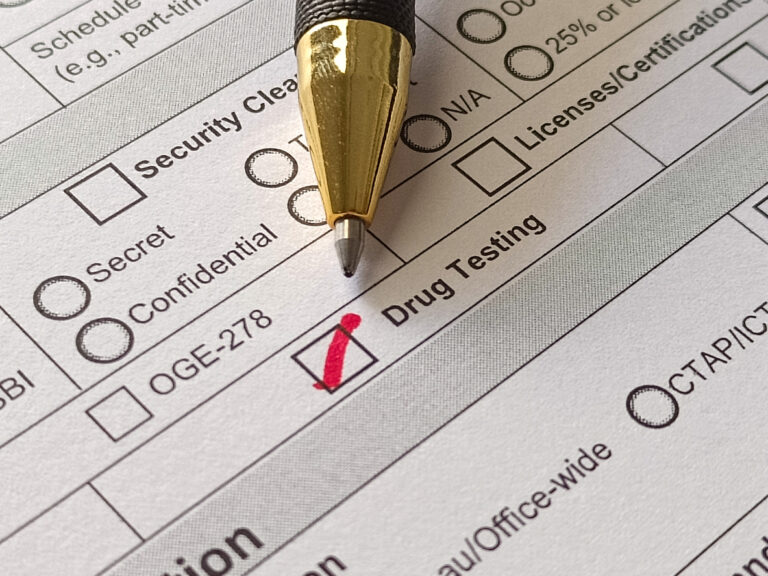WASHINGTON — After receiving negative comments, the U.S. Department of Transportation (USDOT) on Aug. 1, 2024, published a notice in the Federal Register withdrawing a direct final rule (DFR) that was published on June 21 regarding procedures for transportation workplace drug and alcohol testing programs.
“Because DOT received adverse comments on the DFR, the rule has been withdrawn, and the provisions of the DFR will not take effect,” according to an Aug. 1 press release.
In May 2023, the DOT announced changes to the program to allow for the inclusion of oral fluid testing. The DFR was not intended to replace current drug testing collection methods but to add to the choices employers and drivers have when taking an agency-issued test.
The final rule, established June 21, 2024, stated that the USDOT would be making a series of technical amendments to its drug testing procedures rule, which was effective June 1. According to the USDOT, the purpose of the technical amendments was “to clarify certain provisions of the rule and address omissions of which we have become aware since the publication of the final rule. ”
The original proposed rule stated that the USDOT was proposing to revise its drug and alcohol testing procedures to provide temporary qualification requirements for mock oral fluid monitors, provide for consistent privacy requirements by identifying which individuals may be present during an oral fluid collection, and clarify how collectors are to specify that a sufficient volume of oral fluid iscollected.
According to the Aug. 1 notice, the USDOT is simultaneously publishing the revision of its drug testing regulation as a direct final rule without a prior proposed rule. If no adverse comments are received, the agency says it will not take further action on the proposed rule.
The DOT received 19 comments on the rule, including one from the National Drug & Alcohol Screening Association.
“NDASA previously submitted opposition to the final rule and now submits a detailed response that directly addresses problem areas for this proposed change,” the NDASA said.
To view all the comments submitted on the rule, click here.






